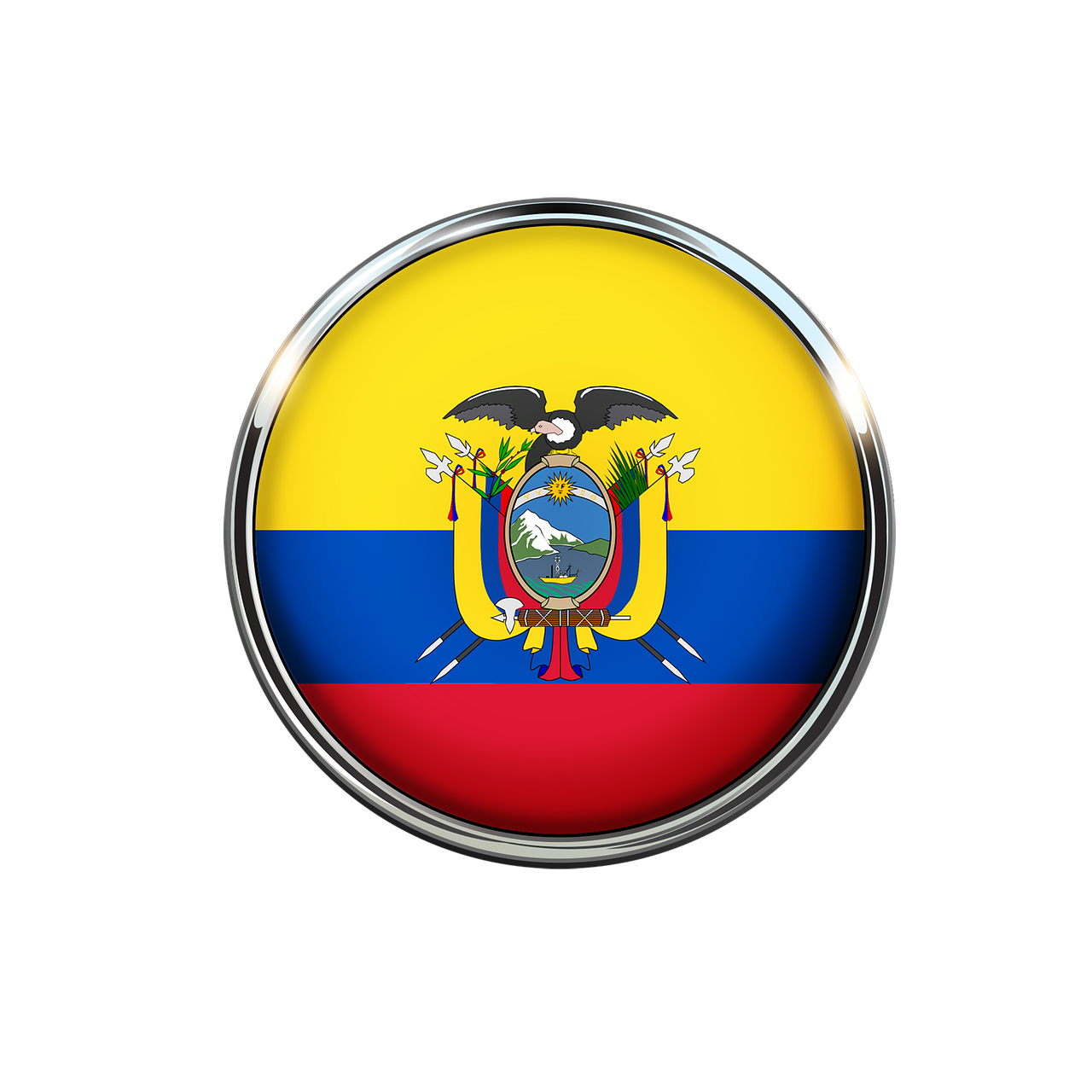A new family reunification parole process has been launched, this time for qualifying nationals of Ecuador.
Who is eligible?
Nationals of Ecuador petitioned by family members who are U.S. citizens or lawful permanent residents and who have received approval on Form I-130, Petition for Alien Relative, to join their family in the United States may participate in this new parole process.
Parole will allow such nationals and their immediate family members to be admitted to the United States lawfully for a period of up to three years, while waiting to apply to become lawful permanent residents.
Qualifying beneficiaries must be outside the United States, must not have already received an immigrant visa, and meet all other requirements, such as screening, vetting, and medical requirements.
How does the family reunification process work?
The Family Reunification Parole process is initiated when the Department of State sends an invitation by mail or e-mail to the petitioning U.S. citizen or lawful permanent resident family member whose Form I-130 is already approved. The petitioner is the person who has filed the Form I-130 petition with USCIS on behalf of the foreign national.
The invited petitioner is then allowed to initiate the parole process by filing a request (Form I-134A, Online Request to be a Supporter and Declaration of Financial Support) on behalf of the beneficiary and eligible family members to be considered for advance travel authorization and parole to the United States. A separate Form I-134A is required for each beneficiary.
Thereafter, if USCIS confirms that a petitioner’s Form I-134A is sufficient, the U.S. Department of Homeland Security (DHS) will complete security vetting of each beneficiary and will consider each beneficiary for advance travel authorization on a case-by-case basis.
If advance travel authorization is issued to the beneficiary, they will be able to travel on a commercial airline to seek a discretionary grant of parole at a port of entry inside a U.S. airport.
Individuals paroled into the United States under this process will generally be considered for parole for up to three years and will be eligible to request employment authorization by filing Form I-765 Application for Employment Authorization, while they wait for their immigrant visa to become available.
Once their immigrant visa becomes available, they may apply to become a lawful permanent resident by filing Form I-485 Application to Register Permanent Residence or Adjust Status.
Additional information about this process can also be found on the Frequently Asked Questions about Family Reunification Parole Processes USCIS webpage.
Is the Family Reunification Parole process available for other nationalities?
Yes. Family Reunification Parole processes have been established by USCIS for eligible nationals from Cuba, Haiti, Colombia, El Salvador, Guatemala, and Honduras.
These processes allow an eligible beneficiary to be considered for parole into the United States on a case-by-case basis while they wait for their family-based immigrant visa to become available.
For more information about FRP please click here.
Contact Us. If you would like to schedule a consultation, please text 619-569-1768 or call 619-819-9204.
Helpful Links
- DHS Announces Family Reunification Parole Process for Ecuador
- Family Reunification Parole Processes
- I-134A, Online Request to be a Supporter and Declaration of Financial Support
- I-765, Application for Employment Authorization
- DHS Announces Start of Applications for Visa-Free Travel to U.S. for Eligible Israeli Citizens and Nationals
- Joint Statement on the Designation of Israel into the Visa Waiver Program
- Electronic System for Travel Authorization (ESTA) Application
- November Visa Bulletin
- Adjustment of Status Filing Dates from Visa Bulletin
- USCIS Processing Times
- USCIS Announces End of COVID-Related Flexibilities
- Immigrant Visa Backlog Report
- DOS Visa Services Operating Status Update
- ImmigrationLawyerBlog
- ImmigrationU Membership
- Success stories
- Youtube channel
JOIN OUR NEW FACEBOOK GROUP
Need more immigration updates? We have created a new facebook group to address the impact of the new executive order and other changing developments related to COVID-19. Follow us there.
For other COVID 19 related immigration updates please visit our Immigration and COVID-19 Resource Center here.
 Visa Lawyer Blog
Visa Lawyer Blog


